Praying for victory.
On this date in 1789, President George Washington proclaimed November 26 of that year as a national day of thanksgiving.
Its purpose, he said, was to acknowledge the ‘care and assistance’ Americans had received from God in achieving independence and establishing a constitutional government.

Seventy-four years later, on this date in 1863, President Lincoln followed suit, declaring the last Thursday in November as a national day of thanksgiving, bringing national uniformity to the holiday.
Between Washington’s and Lincoln’s time, thanksgiving celebrations had been singular events — often local celebrations — occurring on various dates.
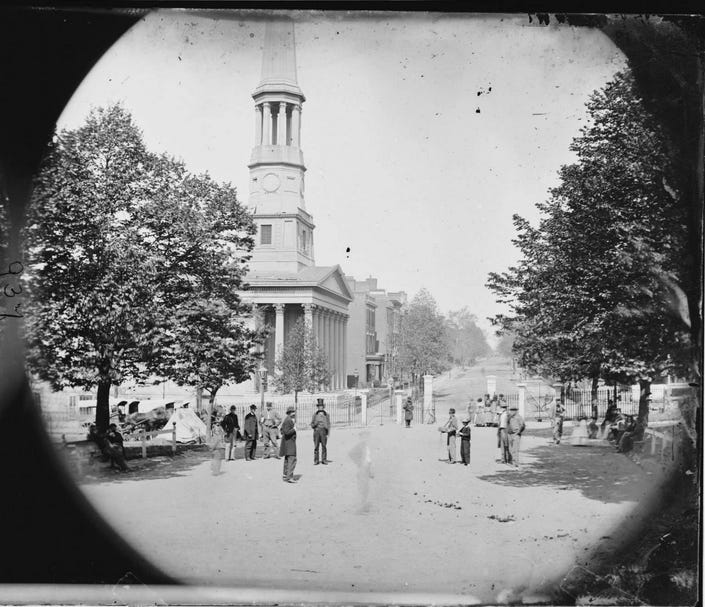
During the Civil War, both Lincoln and Confederate President Jefferson Davis issued proclamations setting aside days for their people to give thanks to God for victories achieved on Civil War battlefields.
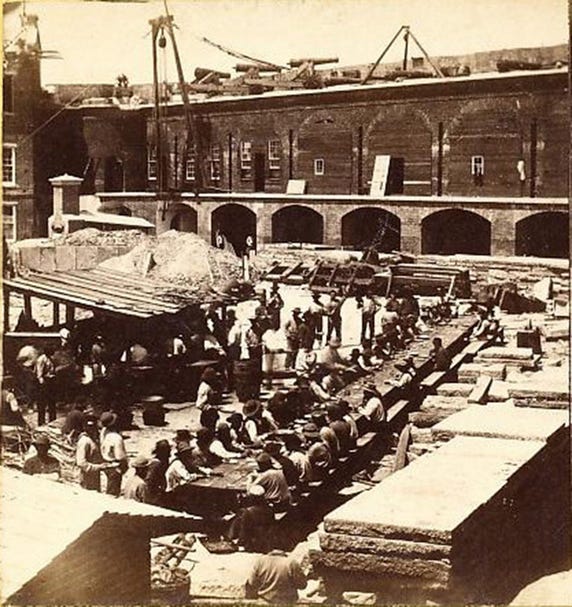
In 1861, Davis declared God to be the “shield” which had defended Confederate forces from attack.

He appealed to God to “set at naught the efforts of our enemies, and humble them to confusion and shame.”
And Davis exhorted the people of the Confederacy to pray for “victory over our enemies.”
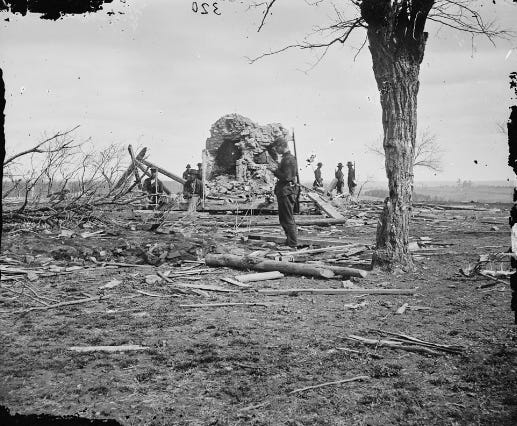
In April 1862, Lincoln asked the people of the nation to give thanks for God’s hand in bringing “victories to the land and naval forces engaged in suppressing an internal rebellion, and [averting] foreign intervention and invasion.”

Five months later, Davis asked the people of the Confederacy to acknowledge the blessing received from God for Confederate General Robert E. Lee’s victory at Second Manassas (Bull Run).
“[U]nder the guidance of the same Almighty hand, [our armies] have scattered our enemies and driven them back in dismay.”
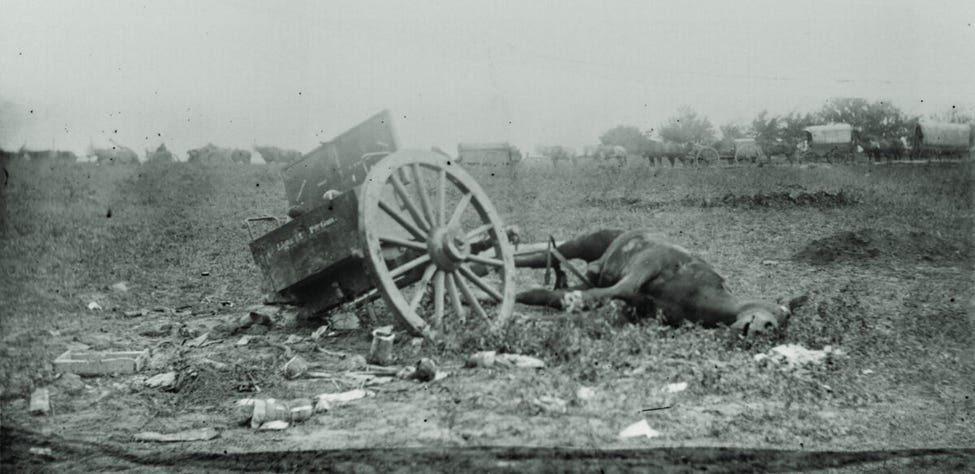
In Lincoln’s 1863 thanksgiving proclamation, he noted the “theatre [of the war] has been greatly contracted by the advancing armies and navies of the Union.”
He asked the people to give thanks to the “Most High God…for such singular deliverances and blessings.”

While many cultures have harvest celebrations, the contemporary American Thanksgiving springs from these government sanctioned exhortations to pray for wartime victories.

A few years before his death, Mark Twain wrote an unpublished story about prayers for victory in war.
It is magnificent satire:
A nation goes to war and the hearts of the parents and sweethearts of the young volunteer soldiers swell with pride and emotion as they march past “gay and fine in their new uniforms.”

“[I]n the churches the pastors preached devotion to flag and country, and invoked the God of Battles beseeching His aid in our good cause.”
Those few who opposed the war were warned to keep quiet for their own safety and quickly “shrank out of sight and offended no more.”
Sunday morning came.
The young volunteer soldiers would leave for battle the next day.
As they sat in church pews, dreaming of battle glory, with their loved ones proud and happy, the minister prayed for God to shield and aid them in battle, making them invincible, and “help them to crush the foe.”

Then an old man with white hair, dressed in a long robe, walked down the church aisle, announcing he was God’s messenger.
God would grant them their prayer for victory, he says, if they still desire it after he explains what they are actually praying for.

Then the messenger says the quiet part out loud:
“O Lord our God, help us to tear their soldiers to bloody shreds with our shells;
“help us to cover their smiling fields with the pale forms of their patriot dead;
“help us to drown the thunder of the guns with the shrieks of their wounded, writhing in pain;
“help us to lay waste their humble homes with a hurricane of fire;
“help us to wring the hearts of their unoffending widows with unavailing grief;
“help us to turn them out roofless with little children to wander unfriended the wastes of their desolated land in rags and hunger and thirst.”
The old man then asks the congregation if they still desired God to answer their prayer for victory.
And they did not reply.
The old man was deemed a “a lunatic,” Twain writes, “because there was no sense in what he said.”

Americans will celebrate Thanksgiving — this holiday which comes from wartime victory prayers — in eight weeks.
So, in light of this history, maybe you shouldn’t go to church.
Watch a football game instead.
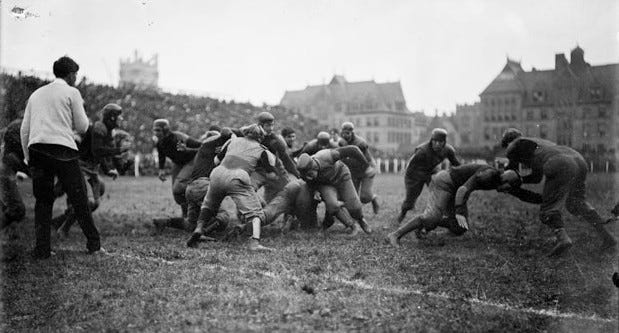
Cheering for head-smacking hits and tackles seems much more in keeping with America’s Thanksgiving tradition.
******************************
I’ll see you tomorrow.
— Brenda
Banner image: Alfred R. Waud, Camp Thanksgiving Scene, 1861.













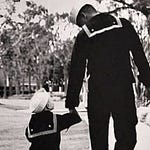
Share this post